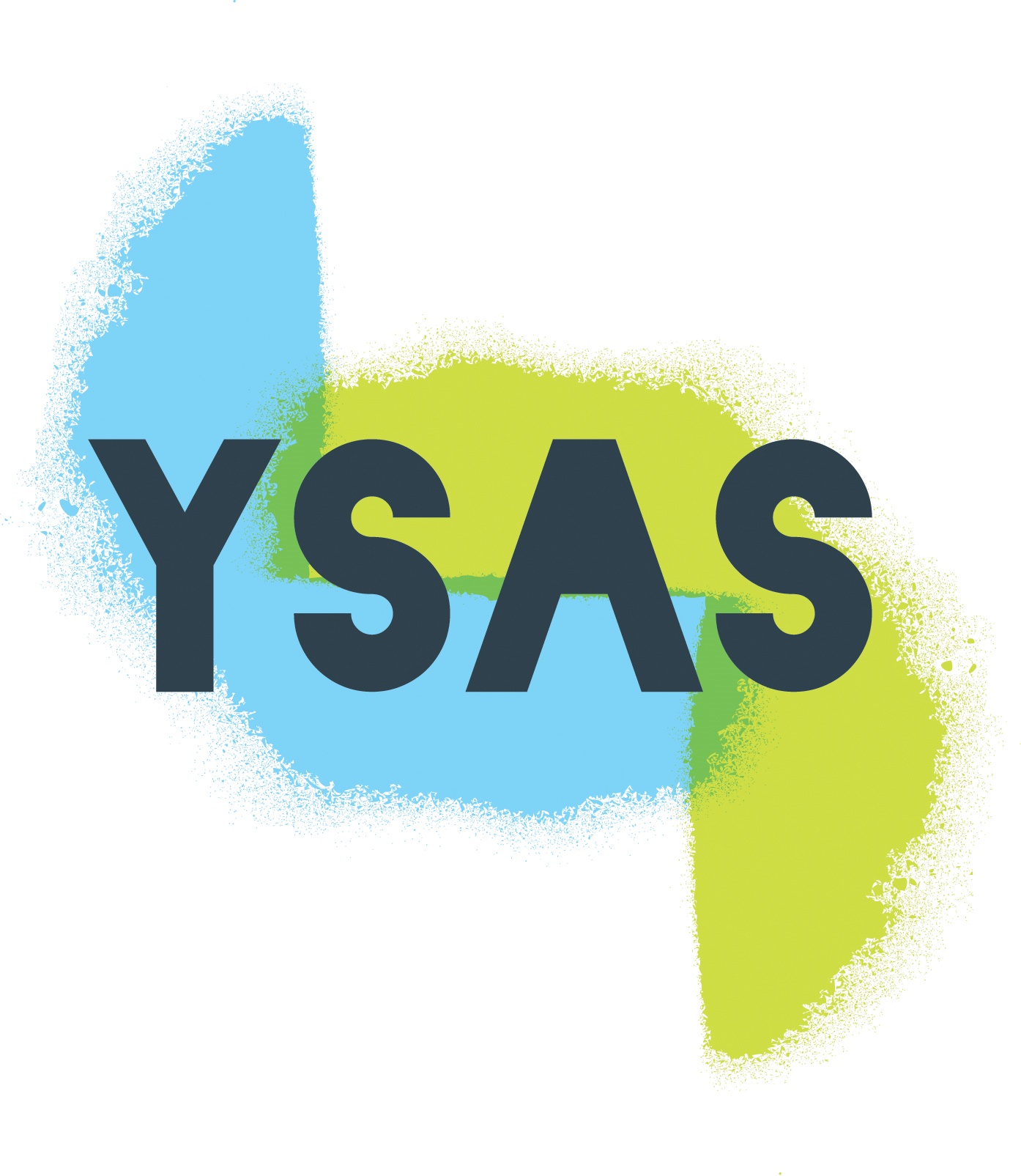This training is targeted at new employees currently in the AOD sector and has been contextualised for the AOD sector, specifically Youth AOD workers. In developing and delivering this skill set, Turning Point has worked with YSAS and SHARC, experts in understanding young people and their alcohol and drug use. Trainers with relevant experience within the Youth AOD Sector and Lived Experience in the Victorian AOD Sector are involved in delivering these competencies.
Expression of Interest (EOI) Only and includes all four units of competency
EOI’s must be currently employed in Victorian DH funded services to be eligible to apply for this training. This is an expression of interest only and you must be available to attend all mandatory virtual classes advertised for all units of competency. These four (4) units of competency are part of the AOD Skills Set.
You will be notified via email if you have been successful in securing a place and you will be required to accept your offer by a due date, as demand for this skill set is high and there are limited places.
Course Commitment
CHCAOD001 Work in an alcohol and other drug context
This unit describes the skills and knowledge required to establish and work within the current context, philosophy and values of the AOD sector.
This unit applies to workers who come into contact with clients affected by alcohol and other drugs.
Online and virtual classes:
Training will commence on Monday, 30th January 2023 and conclude on Friday, 24th March 2023. Mandatory virtual classes from 9:30am – 2:00pm on the 8th, 16th February and 2nd March 2023.
CHCAOD004 Assess the needs of clients with alcohol and other drugs issues
This unit describes the skills and knowledge required to prepare for and conduct assessments of AOD clients to determine eligibility, service requirements and referral needs.
This includes knowledge of factors affecting assessment for a range of different client groups, including different genders, youth, older people, mandated and voluntary clients, Aboriginal and/or Torres Strait Islander people and those from culturally and linguistically diverse backgrounds.
This unit applies to people who assess clients with AOD issues using established organisation or jurisdictional AOD assessment tools.
Online and virtual classes:
Training will commence Monday, 24th April 2023 and will conclude Friday, 23rd June 2023. Mandatory virtual classes 9:30am – 2:00pm on the 4th, 11th and 18th May 2023.
CHCAOD009 Develop and review individual alcohol and other drugs treatment plans
This unit describes the skills and knowledge required to work collaboratively with clients to establish treatment goals and to develop and evaluate individual treatment plans to meet those goals.
The training aims to enable participants to develop treatment plans with, and for, clients with AOD issues on the basis of an existing assessment and within established organisation guidelines.
Online and virtual classes:
Training commences Monday 17th July 2023 and will conclude Friday 8th September 2023. Mandatory virtual classes 9:30am – 2:00pm on the 27th July, and 10th and 24th August 2023.
CHCAOD006 Provide interventions for people with alcohol and other drugs issues
This unit describes the skills and knowledge required to confirm, conduct and monitor evidence-based intervention strategies to address alcohol and other drug issues. This unit includes applying standard processes and procedures to effectively manage tasks and contingencies required in the context of the work role.
The training aims to enable participants to develop the theoretical knowledge and practical skills required to prepare clients for interventions and deliver those interventions under supervision, within the scope of an established individual treatment plan.
Online and virtual classes:
Training commences Monday, 9th October 2023 and will conclude Friday, 24th November 2023. Mandatory virtual classes 9:30am – 2:00pm on the 12th, 19th October and 2nd November 2023.
All units of competency are assessed, and you will be required to complete assessment tasks.



